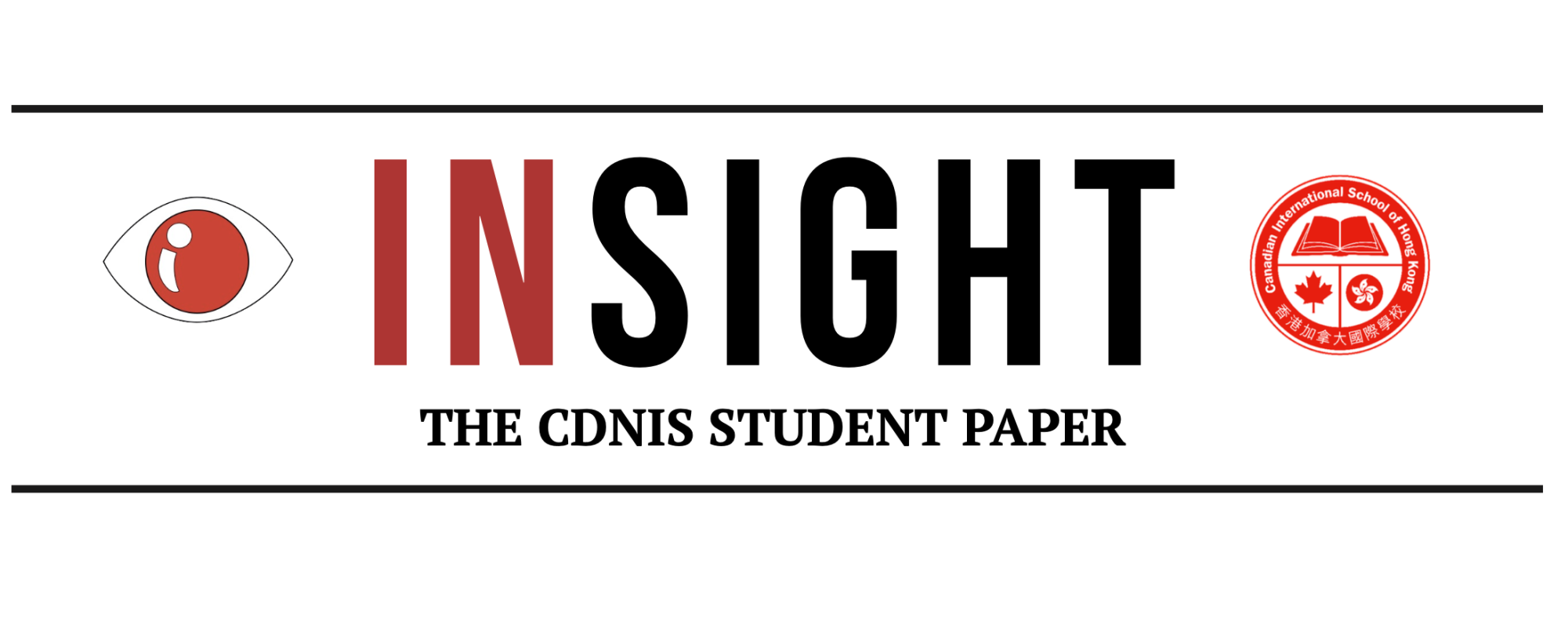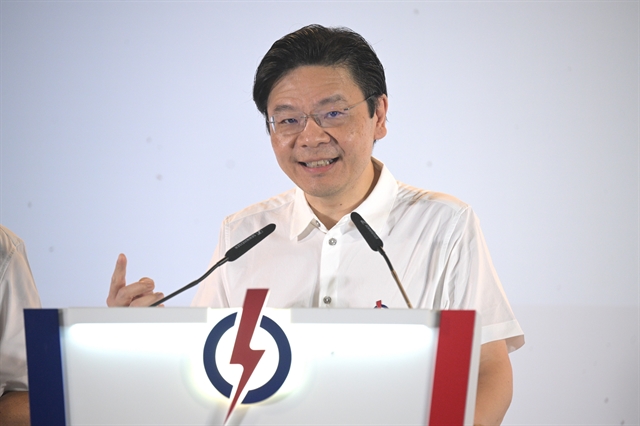*This article is accurate to April 22nd, 2025.
President Trump’s tariffs have been a massive point of contention for economists and the general population alike, predominantly due to their major impact on the US and global economy. President Trump has, however, stated that he is open to leading discussions with key stakeholders, which experts say could be beneficial for potential trade deals.
Earlier this month, President Trump aggressively implemented tariffs on a day he dubbed “Liberation Day”, raising average U.S. import taxes to 27%, including steep rates on China, Canada, and Mexico. He imposed universal and reciprocal tariffs, ending exemptions on low-value imports. These measures aimed to protect U.S. industries but triggered global retaliation and economic challenges. This article will provide an overview of some major events that have unfolded since.
Potential Compromises with Major US Corporations
CEOs of major US retail corporations, including Walmart, Target, and Home Depot, have reportedly been entrenched in discussions with President Trump regarding his tariff policies for the past week. Although the contents of these meetings remain covert, the three CEOs issued eerily similar statements post-discussion, offering platitudes regarding how “productive” and “informative” each discussion was, and expressing gratitude for the apparent clarity the meetings provided.
For major retailers, tariffs are the latest threat to an already challenging economic landscape, where customers are in search of low prices after years of inflation. However, not all economic challenges are made equal. Walmart, the largest grocer in the United States, has found itself in a much better position than many of its competitors. Two-thirds of its products are manufactured in the US, with its main suppliers overseas located in China and Mexico. Target, on the other hand, is in a tougher spot. The retailer is well-known for its inexpensive products, including clothing and home goods, that are typically manufactured overseas. Although the company’s annual revenue has been stagnant for the past few years, with them recently projecting just 1% sales growth for the current fiscal year, the future remains uncertain for these corporations as the cost of manufacturing and consumer prices ultimately rise.
Apple is exempted from Tariffs
Apple is widely known to be designed in California, and it proudly broadcasts this message to each of its customers when an iPhone is purchased. Yet, while they are designed in the US, 90% of Apple products are assembled in China, meaning they are currently facing tariffs that go up to 245%.
In early April, President Trump announced that electronics like computers and smartphones would be exempted from his hefty tariffs, resulting in a small recovery of Apple stocks. White House representatives, however, have stated that “tech companies must bring back their manufacturing as soon as possible” and that “nobody is getting off the hook”, providing insight into the ruthless nature of these economic restrictions as the administration refuses to make permanent exceptions, even for majorly influential industries.
Negotiations with the EU
President Trump has been notably reluctant to engage directly with European Union officials, often ignoring Brussels and showing little interest in EU-wide discussions, viewing the union more as a competitor than an ally. However, he has made an exception for Italy’s right-wing Prime Minister Giorgia Meloni, with whom he shares ideological affinities. Trump’s willingness to meet Meloni face-to-face, praising her as a “fantastic leader,” contrasts with the limited face time he has granted to other EU leaders, reflecting his preference to engage with national leaders aligned with his political views rather than the EU as a whole. Although Meloni’s position is unique, it is seen as limited, as she is unable to negotiate on behalf of the entire EU.































